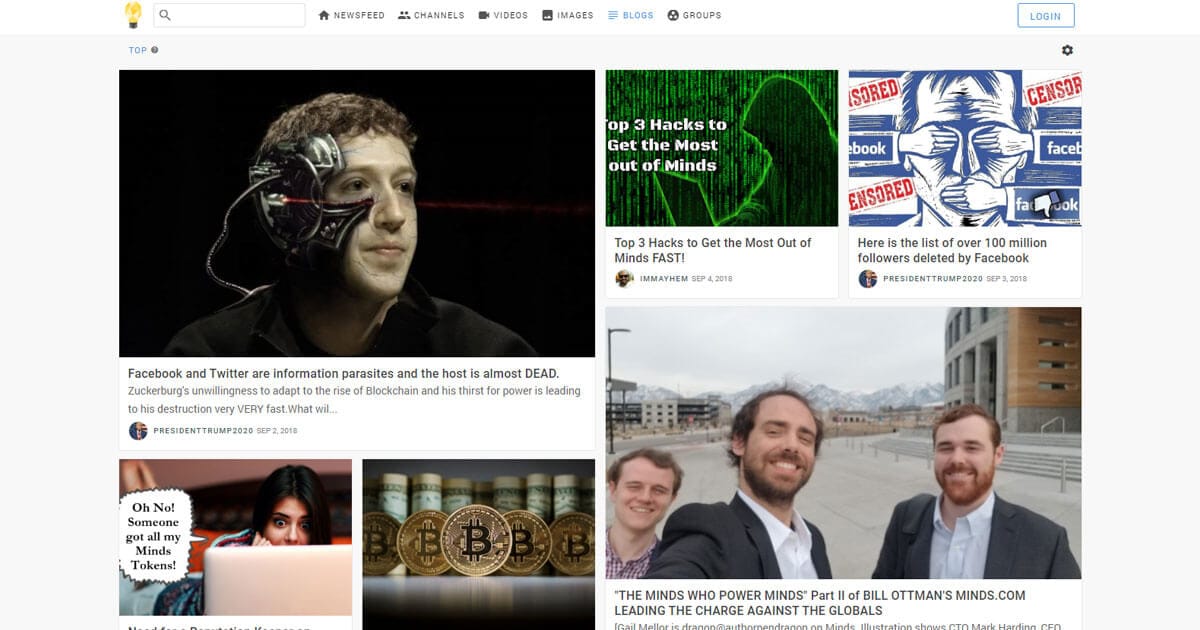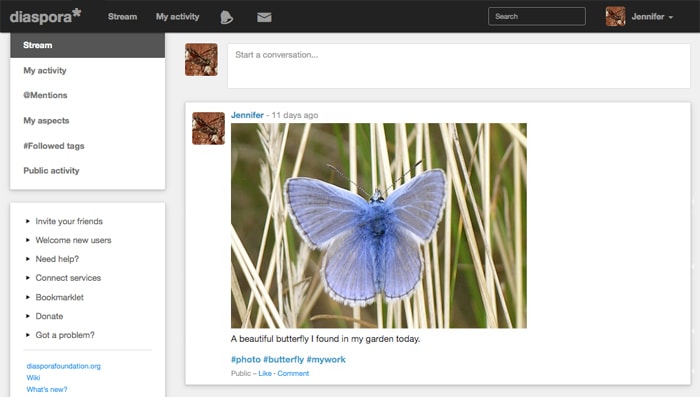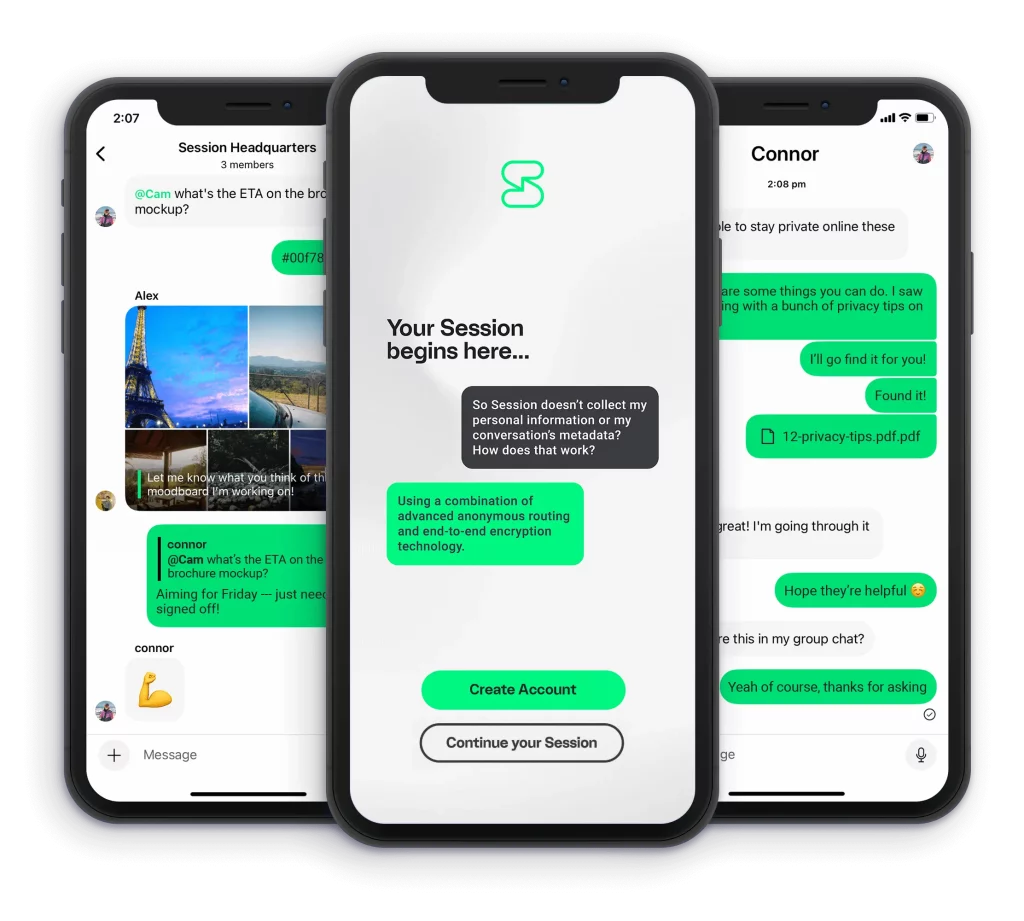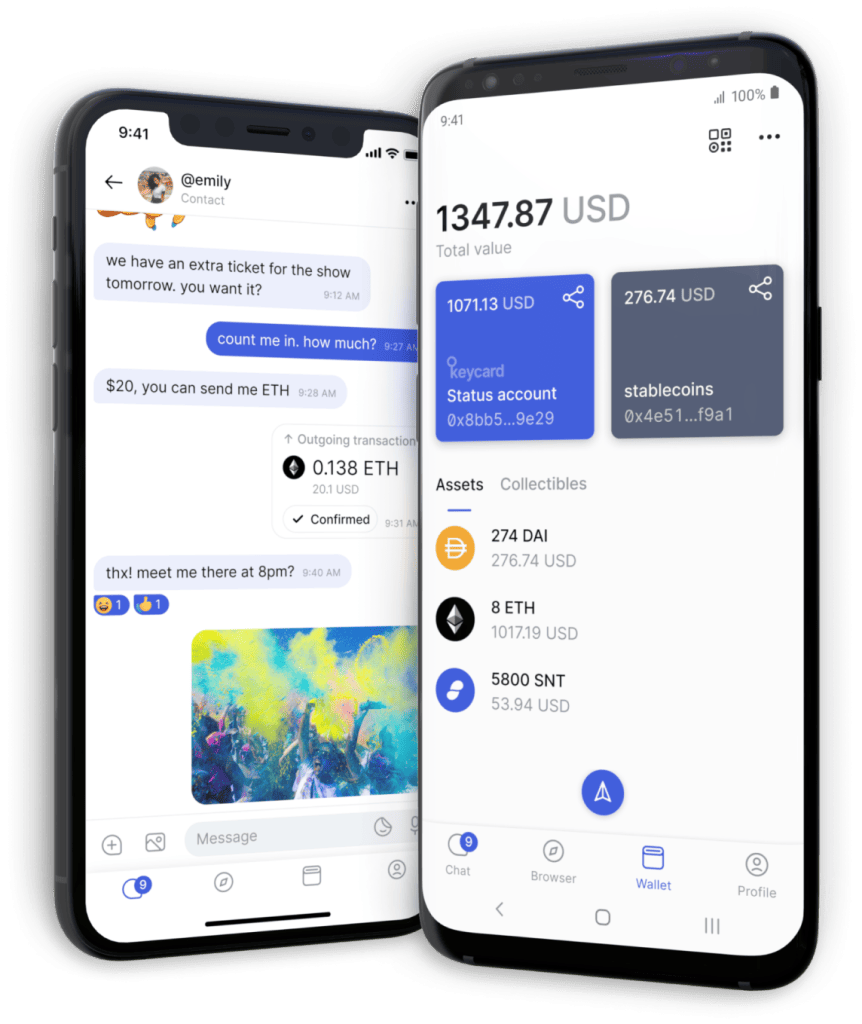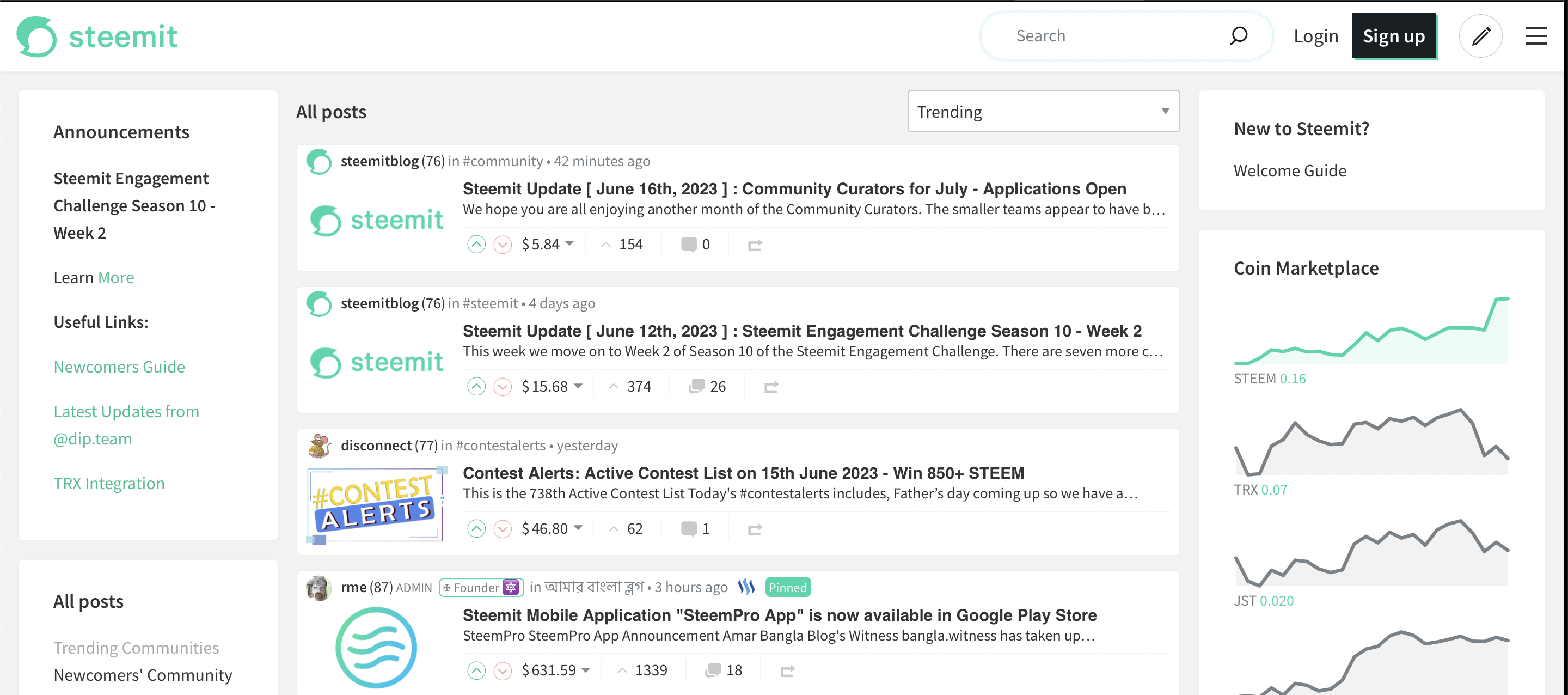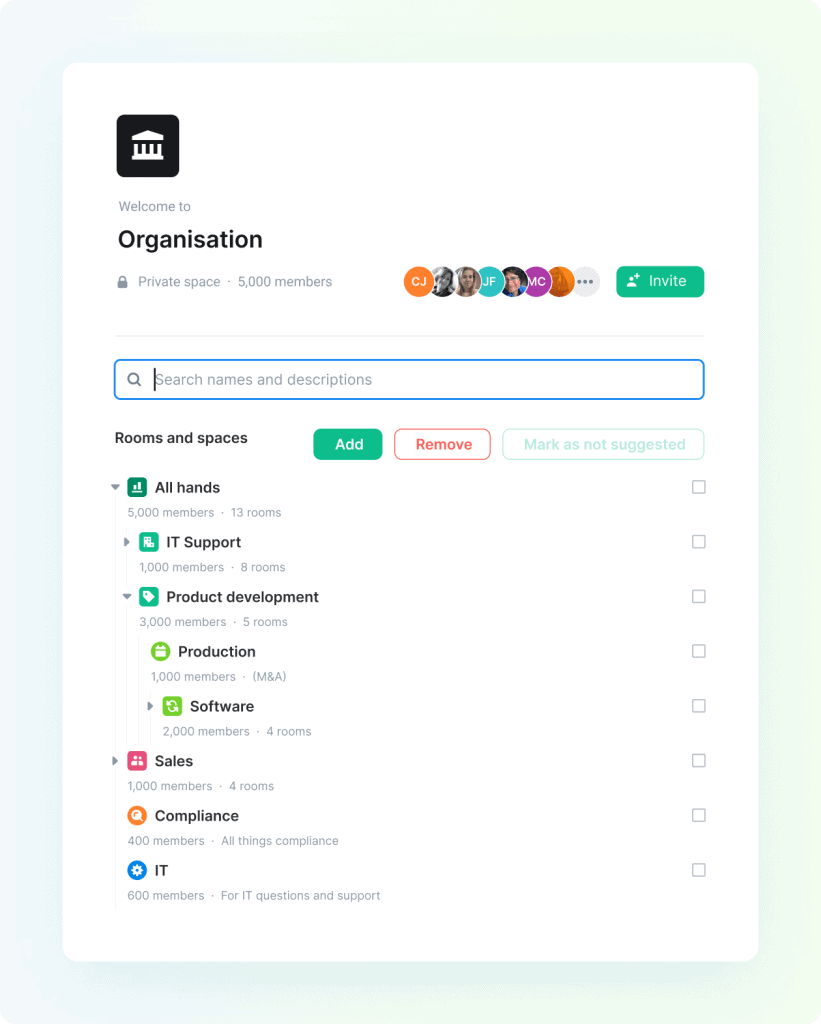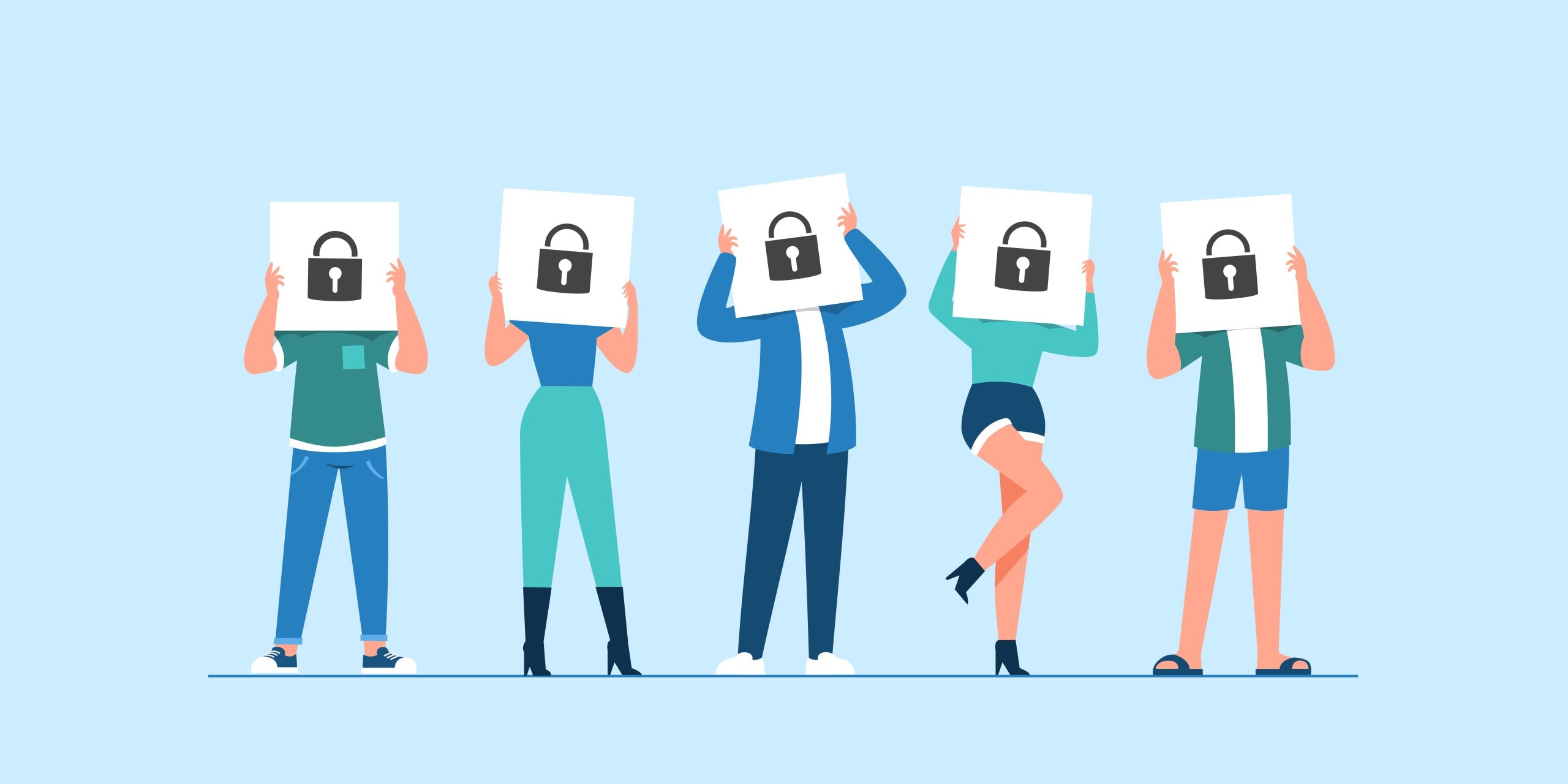Discover the Future of Social Media: Decentralised Alternatives to Facebook, Twitter, and More!
Web3 social media dApps are shaking up the world of social media, offering decentralised alternatives to popular platforms like Facebook, Twitter, and WhatsApp.
These cutting-edge apps prioritise privacy, data ownership, and community control, making them an attractive option for those looking to break free from traditional social media platforms.
Meet the Web3 Social Media Apps
- Minds: A decentralised alternative to Facebook, Minds allows users to create profiles, post updates, and connect with friends. Users have more control over their data and privacy and can even earn rewards for their contributions.
- Diaspora: Similar to Twitter, Diaspora is a decentralised social network that enables users to create profiles, post updates, and connect with others. It offers greater customization options and user control over data and content.
- Session: A privacy-focused messaging app, Session provides a decentralised alternative to WhatsApp. It offers greater customisation and control over user data while maintaining a user-friendly experience.
- Status: Built on the Ethereum blockchain, Status is a privacy-focused messaging app that serves as a decentralised alternative to Telegram. Users have more control over their data and can customise the app’s appearance while enjoying a wide range of features.
- Steemit: A blockchain-based social media platform similar to Reddit, Steemit allows users to upvote and curate content while earning cryptocurrency for their contributions. It offers more control over privacy and a unique, rewarding user experience.
- Element: A decentralised communication platform, Element is an alternative to Slack and Discord. Built on open-source protocols, it provides users with more control over their data and privacy and supports federated communication between different servers.
The Web3 Social Media Revolution: Key Benefits
- Enhanced Privacy: Web3 social media apps prioritise user privacy by leveraging blockchain technology, giving users ownership and control over their own data.
- Increased Ownership: Users have more control over their content and data on Web3 platforms, unlike centralised platforms that own all posted content.
- Censorship Resistance: Decentralised platforms are more resistant to censorship due to the absence of a single controlling entity.
- Community Focus: Web3 social media apps emphasise decentralisation and community ownership, giving users a greater say in platform governance.
Are Web3 Social Media Apps Right for You?
Web3 social media dApps offer a fresh approach to social media, putting users in control of their data and content.
As these decentralised alternatives continue to develop, they’ll likely introduce even more features and functionalities.
While their user bases may not be as extensive as their centralised counterparts, they’re growing rapidly, attracting users who value privacy, ownership, and community control.
Ultimately, the decision to use a Web3 social media app is a personal one.
If privacy, ownership, censorship resistance, and community are your top priorities, a Web3 social media app may be the perfect choice for you.
If you’re looking for a platform with a large user base and a wide range of features, you might consider using both Web3 and centralised platforms to enjoy the best of both worlds.
